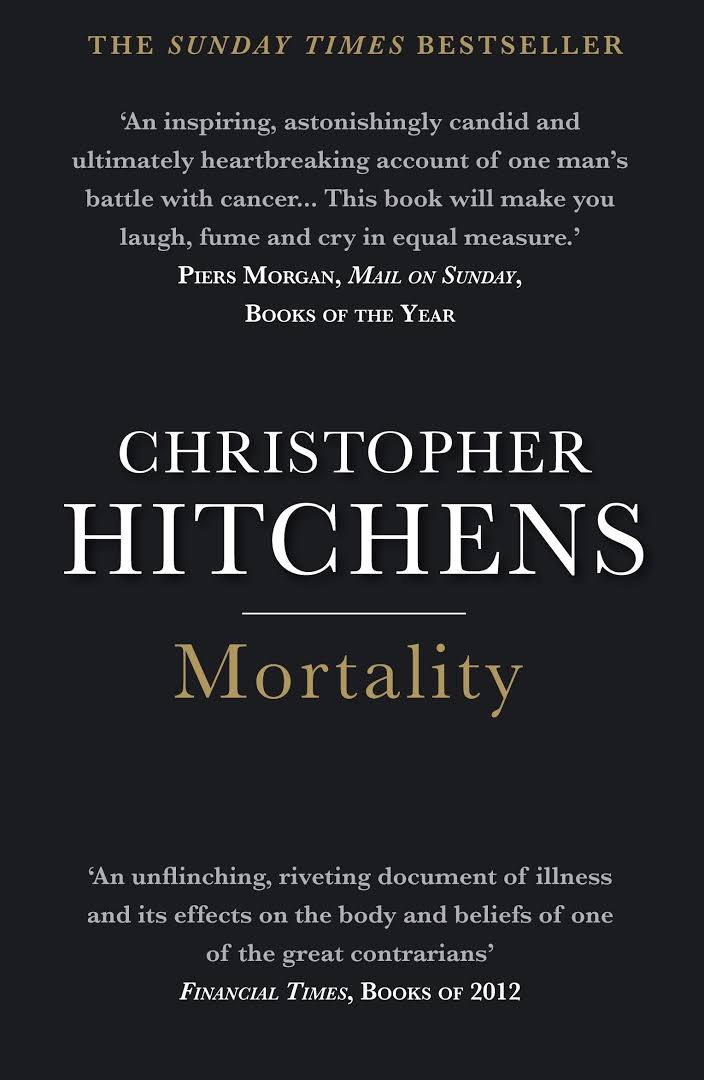Valmiki: Birth of the Poet
mā niṣāda pratiṣṭhā tvamagamaḥ śāśvatīḥ samāḥ
yat krauñcamithunādekam avadhīḥ kāmamohitam
(You will find no rest for the long years of Eternity
For you killed a bird in love and unsuspecting) - Valmiki
The very first sloka uttered in Sanskrit is this one as the legend goes on. The lines are self-explanatory but if you look into the myth of the origin of the Ramayana you’ll find this nigh impossible at first.
Hinduism, I think, was nothing like organized religion we know at first. At least not until they mingled with outsider or invaded. It had its root in pantheism and grown from there to a religion which accepts and denies everything at the same time. But, religion is out of scope here. We’re dealing with myth. …
 This is a brief book. An unfinished one too. A book of manifold pain and dolour. This is his only book I’ve read. Fortunately it is somewhat autobiographical and by the help of the internet I’ve learnt quite a deal about him. He was a great debater, a writer, critic and columnist, to whom writing and talking was everything. Esophageal cancer almost took away his voice, put him in a condition where he was too feeble to write. From his own writing:
This is a brief book. An unfinished one too. A book of manifold pain and dolour. This is his only book I’ve read. Fortunately it is somewhat autobiographical and by the help of the internet I’ve learnt quite a deal about him. He was a great debater, a writer, critic and columnist, to whom writing and talking was everything. Esophageal cancer almost took away his voice, put him in a condition where he was too feeble to write. From his own writing: